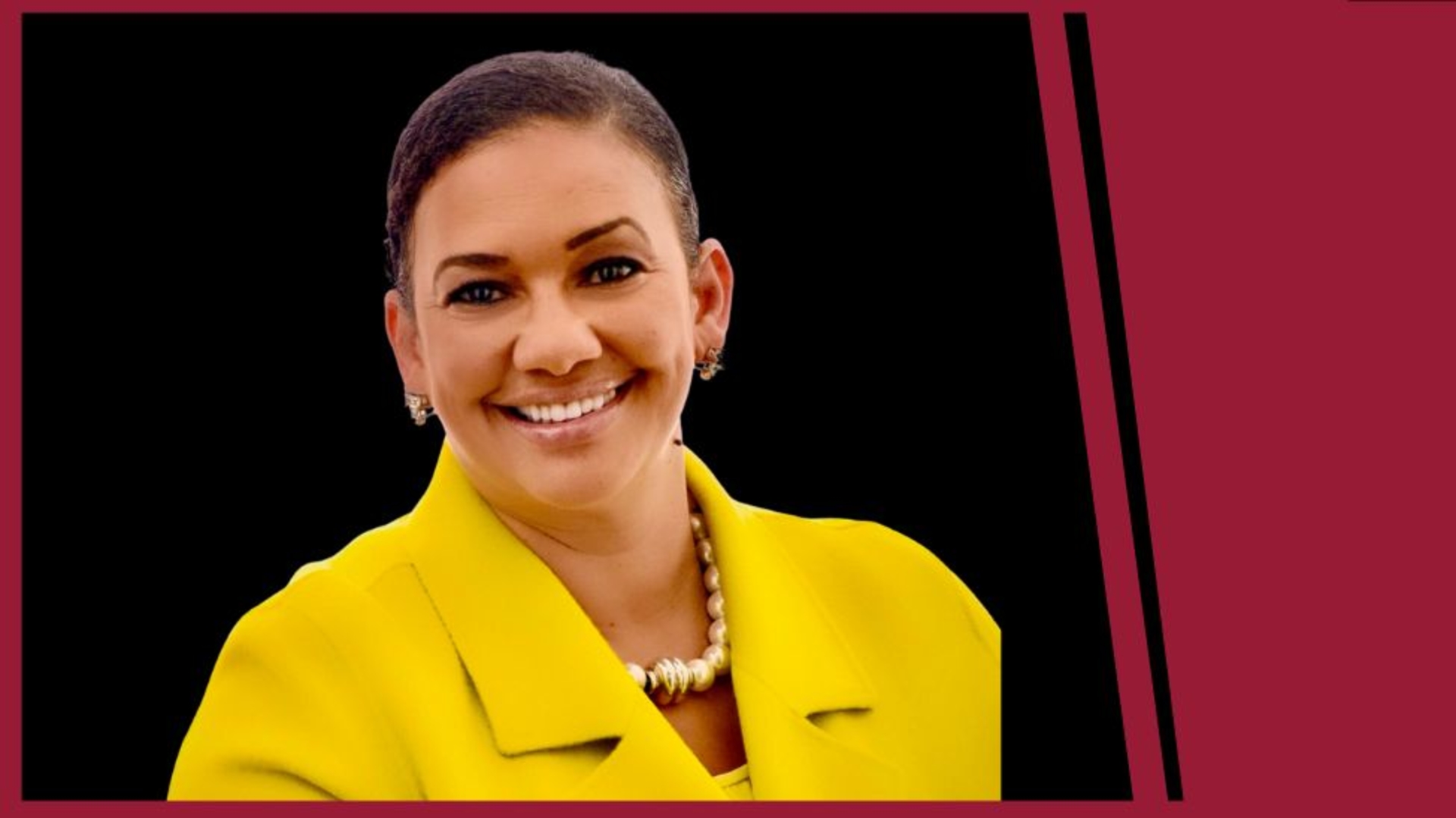
Deena Hayes-Greene '04 has spent the last two-plus decades standing up for students in her native Guilford County as a member of its school board and spreading the word about the need for greater understanding and inclusion around the globe as a co-founder of the Racial Equity Institute (REI).
But the match that lit Deena’s advocacy career path was struck while she was a student at Guilford College. She called her time at Guilford “a transformational experience,” noting that the College was a hub of local activism and that her coursework was integrated into those efforts.
It was at Guilford that she learned about organizing and made the decision to run for school board for the first time, winning her race while still a student. And it also set her on path towards having a broader understanding about what equity means, even within Greensboro itself.
Deena, who will be participating in the Guilford Dialogues conference as a panelist March 16, sees the event’s effort to tackle the issues of educational opportunity and inclusion as a return to the values being taught at the College while she attended.
“Students were able to relate what they were learning to what was happening, so that when they went back to wherever they lived they could relate and see things structurally and systemically and institutionally, which I thought was unique to Guilford,” she said. “It is something I hadn’t felt in quite a while from Guilford” until recently.
Her work both as chair of the Guilford County School Board as well as with REI, however, has taught Deena there is a still much work to be done. The issue of race is all-encompassing in American society and reaches into outcomes not only in education, but in housing, health care and elsewhere. Its effects cannot be minimized, she said.
“I know a lot of the things we have done have been life-altering for students,” Deena said. “At the same time, it hasn’t put a dent in the gaps, and I see this across the country, whether it’s a reading program or an attendance program or a staffing program or teacher compensation. So while I do think there are some best practices to impact some students, I am open to best practices that close these inequities.”
At a time when issues like equity and inclusion are being politicized by some elected officials, advocates cannot lose focus, she said. Strong majorities of people across racial, ethnic and economic lines want to find solutions to improve educational outcomes for all. But it is important to realize there are no easy answers or quick fixes.
“It is unfair to think that a board, or a superintendent, or a group of teachers, or a central office staff is going to make the difference,” Deena said. “I’ve seen five superintendents in the time that I’ve been [on the school board], I’ve enjoyed working with all of them and they were incredibly competent and educated and experienced, and none of them has been able to do it.”
That said, the Guilford Dialogues is an opportunity to bring together leaders in the field to share ideas and raise the profile of these issues.
“It is bringing people together that are curious and committed to try and figure out what this is and to learn from each other, to be able to share information, to be able hear from diverse representatives and their experiences and perspectives,” she said.
To learn more about the Dialogues, visit www.guilford.edu/guilforddialogues.

